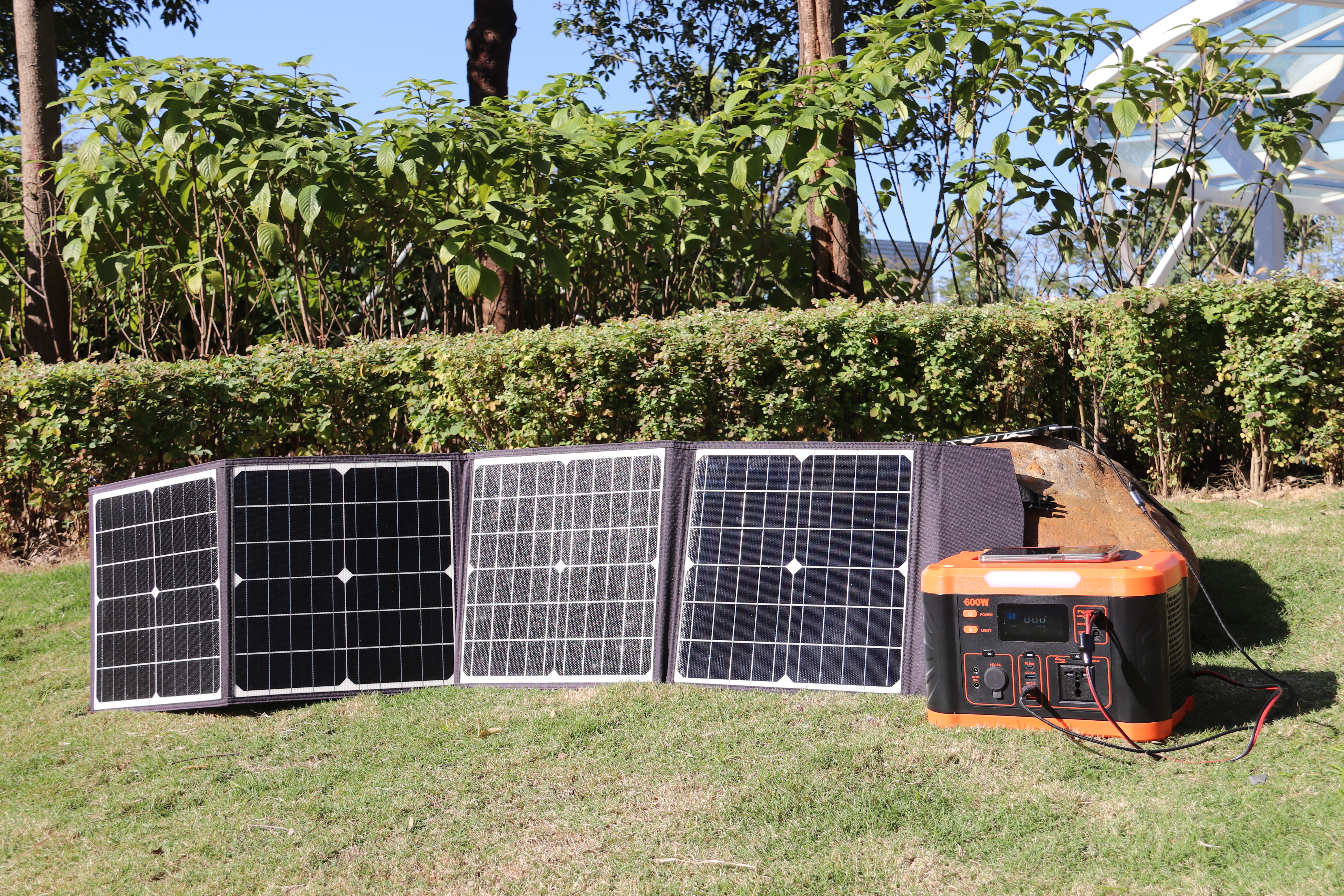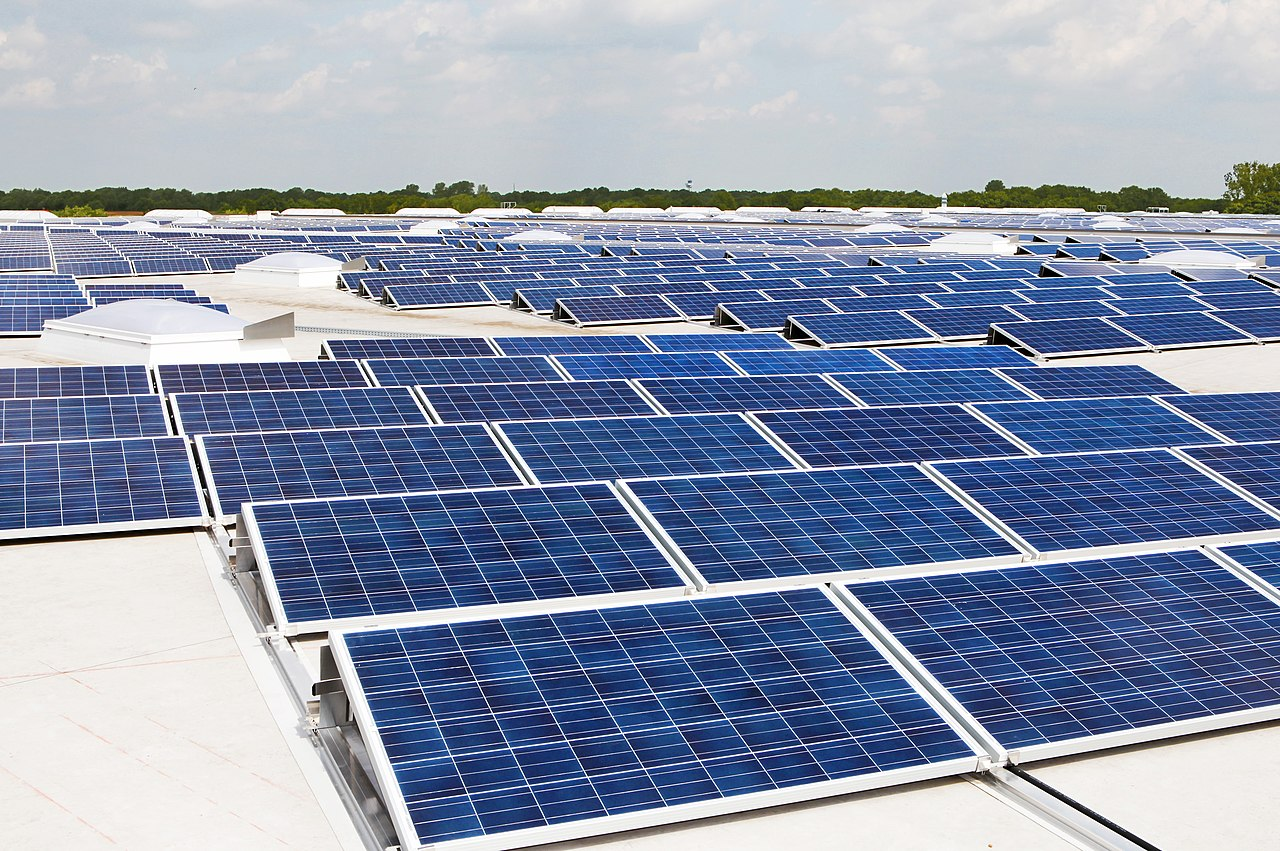Solar panels have revolutionized the way we harness energy, offering a clean, sustainable, and renewable source of power. With the advancement of solar technology, solar panels have become increasingly versatile and widely adopted across various sectors. In this article, we will delve into the diverse applications of solar panels and the trans-formative benefits they provide.
Residential Energy Generation
One of the primary applications of solar panels is residential energy generation. Homeowners are increasingly installing solar panels on their rooftops to generate electricity for their households. Solar panels capture sunlight and convert it into usable energy, which can power lighting systems, appliances, heating and cooling systems, and other electrical devices. By producing their own electricity, homeowners can reduce their reliance on the traditional power grid, lower their energy bills, and contribute to a greener and more sustainable futur
Commercial and Industrial Energy Solutions
Solar panels are also widely employed in commercial and industrial settings to meet energy demands. Large-scale solar panel installations on the roofs or grounds of businesses, factories, and warehouses can generate substantial amounts of electricity. By utilizing solar energy, commercial and industrial entities can reduce their carbon footprint, lower operational costs, and showcase their commitment to sustainability. Solar panels provide a reliable and cost-effective renewable energy solution for meeting the power needs of various industries.
Grid-Tied Systems
Solar panels can be integrated into grid-tied systems, where the generated solar energy is fed back into the power grid. This application allows individuals and businesses to sell excess electricity produced by their solar panels to the utility company. Through net metering or feed-in tariffs, grid-tied solar systems provide an opportunity to earn credits or financial compensation for the surplus energy contributed to the grid. Grid-tied systems promote a more efficient and balanced use of renewable energy resources on a broader scale.
Off-Grid Power Supply
In remote areas or locations with limited access to the power grid, solar panels offer an excellent solution for off-grid power supply. Standalone solar systems, comprising solar panels, batteries, charge controllers, and inverters, can provide reliable electricity in off-grid locations. These systems are commonly used in rural areas, cabins, campsites, and remote communities to power lighting, appliances, and other electrical devices. Solar panels offer an independent and sustainable energy solution, improving living conditions and facilitating development in off-grid regions.
Portable Solar Power
Solar panels have found their way into portable and lightweight applications, offering convenient power solutions on the go. Portable solar panels, often integrated into compact kits, can be easily carried for outdoor activities, camping trips, RV travel, or emergencies. They can charge portable devices like smartphones, laptops, tablets, and camping equipment, providing renewable energy in remote or off-grid locations. Portable solar power enhances mobility, allowing individuals to stay connected and powered in even the most remote environments.
Solar-Powered Water Systems
Solar panels play a crucial role in providing sustainable power for water systems, including water pumps and irrigation systems. Solar-powered water pumping solutions offer an eco-friendly and cost-effective alternative to traditional diesel or electric pumps. Solar panels generate electricity to power the pumps, enabling efficient water extraction for irrigation, livestock, and domestic use in agricultural and rural communities. Solar-powered water systems reduce reliance on fossil fuels, conserve energy, and promote sustainable water management practices.
Transportation and Electric Vehicles
Solar panels are being integrated into transportation systems, particularly in electric vehicles (EVs). Solar panels installed on the roofs or bodies of EVs capture sunlight and convert it into electricity. This solar-generated power can be used to charge the vehicle's battery, supplementing grid-charging infrastructure and extending the driving range of EVs. Solar-powered charging stations equipped with solar panels can also provide clean energy for charging multiple electric vehicles, reducing the overall carbon footprint of transportation.
Conclusion
Solar panels have emerged as a game-changer in the energy sector, offering a clean, sustainable, and versatile source of power. From residential and commercial energy generation to grid-tied systems, off-grid power supply, portable applications, water systems, and transportation, solar panels are driving the transition to a greener future. By harnessing the power of the sun, solar panels contribute to reducing greenhouse gas emissions, enhancing energy independence, and promoting sustainable development. With ongoing advancements in solar technology and increasing adoption, solar panels continue to reshape the way we generate and utilize energy, paving the way for a more sustainable and resilient world.






